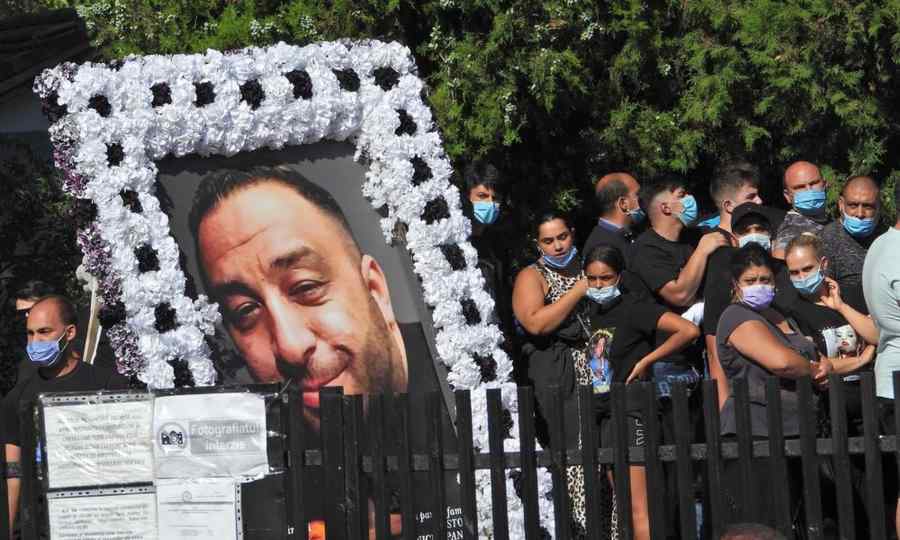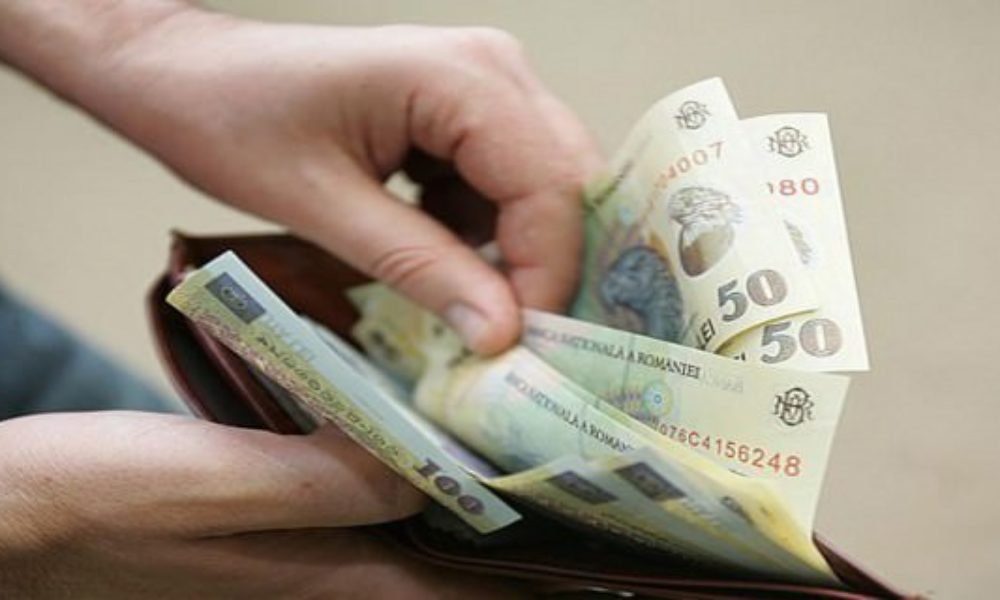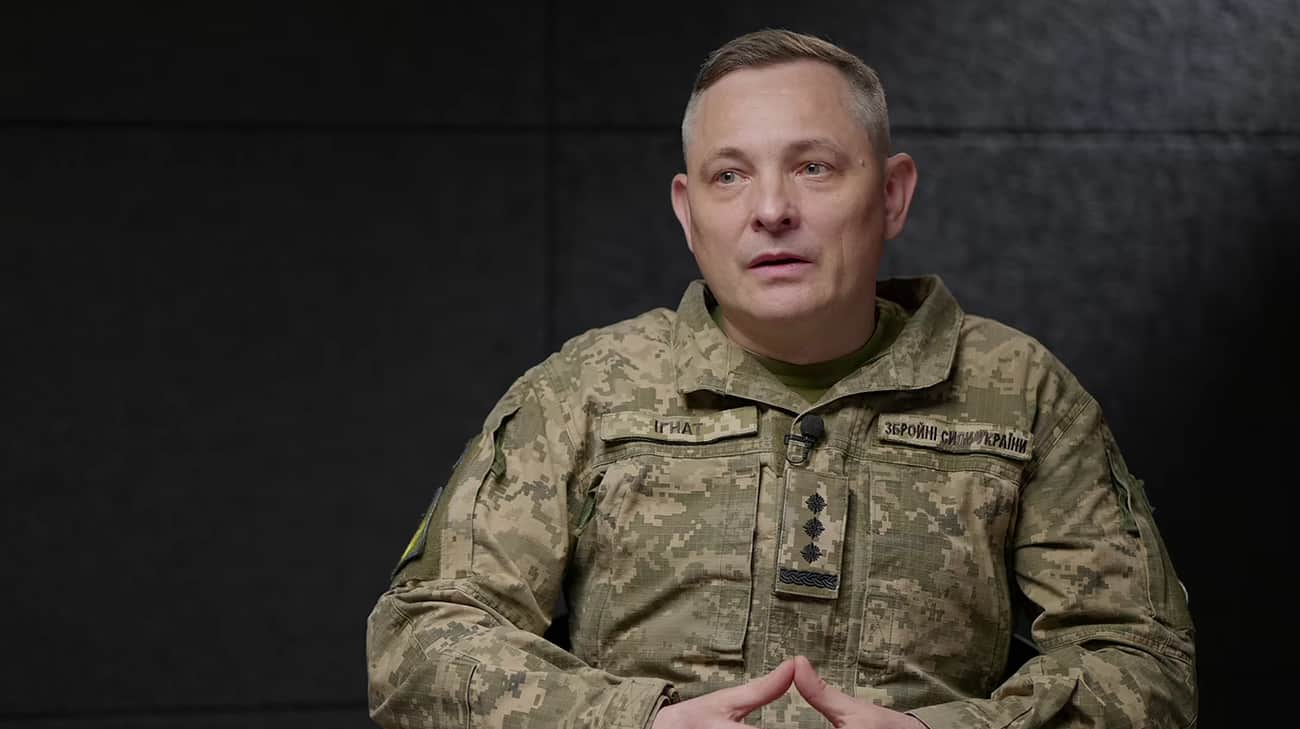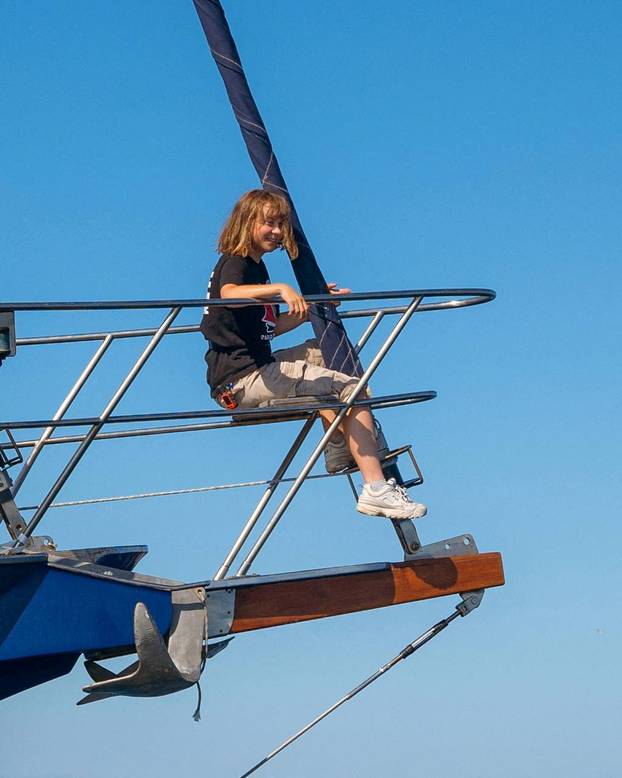Non -serious plans and a chaotic summit in Brussels
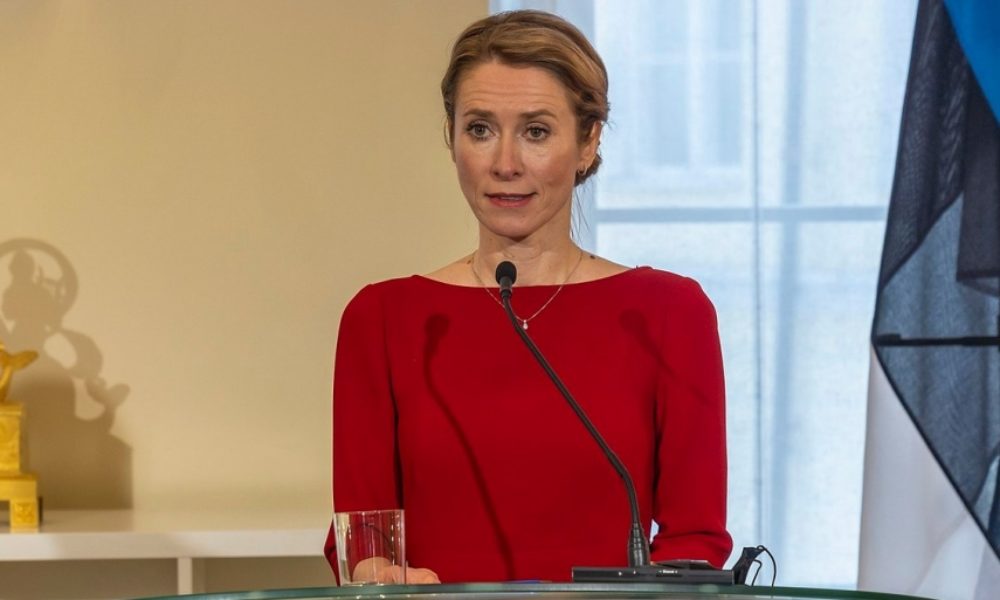
Trump and Putin, be careful. Europe will defend itself and, in addition, will defend Ukraine and lay the foundations of a NATO without the United States! This can be an interpretation of the statement of President Emmanuel Macron from this week’s European summit. Macron said: « We will restore our independence in the next five years. » Everything will start from 800 billion euros to be invested in the defense sector in the next four years.
But some problems arise. Some are to fund, others are related to the priorities of each EU member state and the rules of democracy – that is, elections and alternation in power. It seemed that the agitation of the spectrum of the imminent invasion of Russia’s imminent be beyond Ukraine, in NATO and EU countries, could convince voters and politicians to be indebted for a generation and re-enroll Europe. But he didn’t hold too much.
At the European Council this week, EU leaders have started disputes related to weapons deliveries for Ukraine, related to who will represent them at the table at which the future of Ukraine and security architecture will be decided.
The European Commission, through the head of EU diplomacy – Estonian Kaja Kallas – had proposed that the EU would provide Ukraine a help of 40 billion euros for 2025, twice as much as in 2024. Only countries such as Italy, Spain and France (even France of President Macron, who declared that the EU will re -employ « » to such a financial effort. The new proposal was a help of only 5 billion euros, just to buy ammunition for the Ukrainian army. Again, the three countries have opposed, considering it is too large if it is allocated strictly for ammunition.
As if this misunderstanding was not enough, the EU leaders had a dispute related to the representation of the EU in the process of negotiations on Ukraine, which is now carried out without the participation of the EU. The prime minister of Spain, the socialist Pedro Sanchez, believed that the EU needs a team of negotiators and a representative for the Ukrainian issue. According to Bloomberg, which quotes diplomatic sources, a quarrel between Prime Minister Sanchez and the head of EU diplomacy, Kaja Kallas, broke out in Brussels. « But for what I am here, » Kallas asked annoyed, who considered that the Spanish wants to cross the dead line in terms of negotiations.
Meanwhile, President Volodimir Zelenski has done what he knows best – to ask for the financing. « The support for Ukraine is to continue to grow. And this is especially true of air defense, military aid and resilience as a whole, » Zelenski said.
But France even opposed the package of 5 billion euros, so as not to talk about the 40 billion. The Prime Minister of Italy, Giorgia Meloni stressed that the armament of Europe should not rely on the indebtedness of states, but to attract private investments, as long as Italy has the worst ratio between GDP and external debt and does not have the tax space to be indebted. And the Socialist Prime Minister of Spain said: « I do not like the term re -armament. I think the EU is a political project of soft power. This is my main objection to the term re -armament. » Sanchez has also suggested that Spanish voters do not expect Russian troops to pass the Pyrenees soon and to occupy their country and that they are more concerned about climate change and problems that the climate is increasingly created in Spain. And this should be a « strategic security threat, » said Sanchez.
Robert Fico, Slovakian prime minister, said: « We cannot obstinately insist on sanctions at any cost. A moment may come when we do not agree, because we believe that it is to the process of peace that is now in progress. If we feel that the sanctions against Russia can undermine the peace process. » Fico has made an observation: it would be « dangerous » for the image of the Union, if « the EU will remain the only one who wants to fight. »
As it has already become traditional, the most powerful voices in favor of the arming of Europe and the support of the war in Ukraine came from the Baltic countries. Finnish President Alexander Stubb said that Ukraine « must be armed to the teeth » to discourage Russia. Kaja Kallas warned that Europe has to prepare for what is worse. « We do not have a cold war, but a hot war in Europe, and the threat is existential. »
But neither Ukraine nor European defense received more than these statements about emergency and solidarity. The European Council was a failure, regarded from the point of view of the mobilization of Europe. And on March 27, a summit follows, in Paris, of the « will of the will », which also includes the states that opposed the debt for re-arming.
In the smoke of the discussion about the armament, the announcement was lost that Europe has abandoned the plans to confiscate the frozen Russian assets. Deutsche Welle reports that EU leaders have agreed that Russian assets, worth 200 billion euros, must remain frozen until the end of the war and until Russia pays Ukraine war repairs. The use of these Russian assets to finance the war effort or the reconstruction of Ukraine has been conveyed for a long time, Europe being encouraged to make this decision (extremely risky and with a serious impact on the euro) by the former US Democratic Administration.
It is also worth noting that while EU leaders promise more sanctions against Russia, and more help for Ukraine’s war effort, European countries continue to pay more for oil and gas imports than it offers Ukraine. Russia is the second largest liquefied natural gas supplier, and during 2024, GNL imports increased by 25%. In the last quarter of 2024, the EU imported the largest volumes of gas in Norway, followed, almost equal to the gas in Russia, those in Algeria and Lichefied gases in the United States.
As usual, Europe promises a lot, talks about how the United States will replace continental security, but it delivers a little or nothing, so it can be said that it is not Washington, but Brussels is the one absent from the battle to give a diplomatic, military and financial level in Europe.

